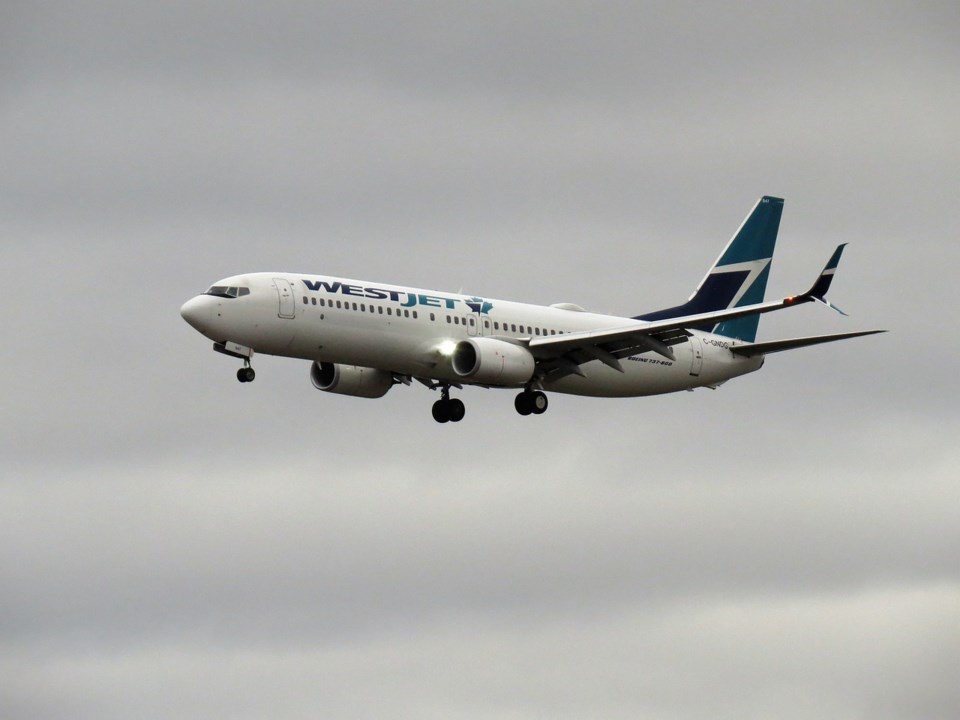Two major Canadian airlines seeking to overturn a lower court's decision awarding a passenger compensation for a cancelled flight have had their appeal rejected.
The ruling, handed down by the Federal Court of Appeal Monday, hinged on a July 8, 2022, decision from the Canadian Transportation Agency (CTA) that found the cancellation of a 2021 WestJet flight from Regina to Ottawa — caused by a crew shortage — was within the airline’s control and not required for safety purposes.
The agency had awarded passenger Owen Lareau $1,000 in compensation for his 21-hour flight delay.
In a unanimous ruling, a three-judge appeals panel upheld the CTA’s decision, finding the agency did not err in its interpretation of Canada’s Air Passenger Protection Regulations — established in 2019 to specify the obligations airlines have toward passengers in the event of a flight disruption.
The ruling represents a victory for Canadian air travellers, and reaffirms that airlines must do more than simply cite "safety reasons" to avoid compensating passengers for flight disruptions.
WestJet did not immediately respond to a request for comment. The airline's Vancouver-based lawyers Alexander Holburn Beaudin + Lang LLP declined to comment.
In court, WestJet claimed any flight disruption made in response to a safety issue should exempt them from compensation, regardless of the circumstances leading to that safety issue.
The argument, which was supported by Air Canada as an intervener in the case, would mean airlines wouldn't have to pay out passengers if a crew shortage, for example, forced a cancellation due to safety regulations — even if the shortage arose through their own lack of planning or inaction.
The appeals judges disagreed, finding WestJet's interpretation would "effectively defeat the consumer protection scheme” designed under Canada’s Air Passenger Protection Regulations to correct the "acute imbalance in market power" between passengers and airlines.
“It must be rejected,” wrote Justice Gerald Heckman for the panel.
According to the ruling, airlines must take “reasonable measures” to plan and carry out day-to-day operations in a way that avoids risks to passengers, and follow a reasonable contingency plan.
When it comes to ensuring safety, an airline’s flight disruptions should be limited to events that “cannot be foreseen nor prevented.”




